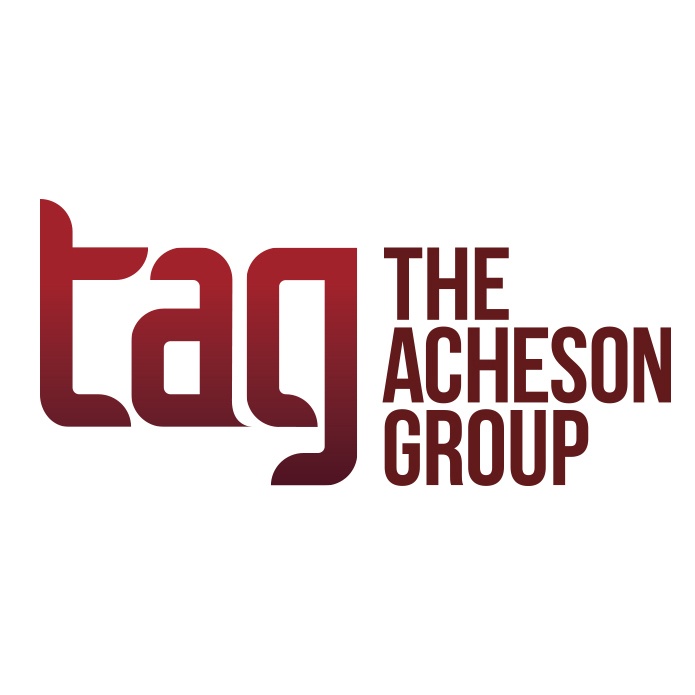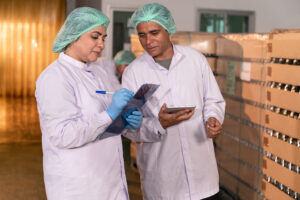When I look at what is causing the most problems for food companies today, recurring recalls due to the finding of Listeria monocytogenes (LM) in ready-to-eat (RTE) foods is constantly coming up as a major risk factor. This issue is not new, but the purpose of this newsletter is to continue to emphasize the importance of managing the microbiological risks in a ready-to-eat environment. The risks can happen at all levels of the food supply chain, but the manufacturing and processing environment is the one that is currently under major regulatory focus. Listeria monocytogenes (Lm) causes Listeriosis, an illness with about an 80% hospitalization rate and approximately a 20% mortality rate. So Listeriosis is a very serious foodborne illness. However, listeriosis is not common in the US – approximately 2500 cases per year compared with around one million cases of salmonellosis. Nevertheless, Lm is a major focus for both FDA and FSIS. Thus, because of the severity of its impact on public health and the frequency and magnitude of related product recalls, Lm is continually under the microscope of regulators. And with research indicating its presence in retail ready-to-eatfoods and FDA’s increasing use of whole genome sequencing (WGS), industry is unlikely see any decrease in the Agency’s “seek and find” focus on the deadly pathogen any time soon. A multi-year interagency research paper published in April found Lm positives rates of 1.12% in cut vegetables and 0.5% in cut fruits – taken off the retail shelf. For the Market Basket Survey, samples from 16 categories in six groups of refrigerated RTE foods (seafood, produce, dairy, meat, eggs, and combination foods) were collected weekly for 100 weeks between December 2010 and March 2013 at large national chains and independent grocery stores in four states. Of the 27,389 total samples, 116 samples tested positive by the BAX PCR system for Lm, and the pathogen was isolated and confirmed for 102 samples. Among the 16 food categories, the proportion of positive samples of Lm ranged from 0.00% soft-ripened and semisoft cheese to 1.07% for raw cut vegetables. Among the 571 samples that tested positive for Listeria-like organisms, the proportion of positive samples ranged from 0.79% for soft-ripened and semisoft cheese to 4.76% for fresh crab meat or sushi. Across all 16 categories, Lm contamination was significantly associated with the four states but not with the packaging location (prepackaged by the manufacturer versus made and/or packaged in the store), the type of store (national chain versus independent), or the season. For deli meats, smoked seafood, seafood salads, soft-ripened and semisoft cheeses, and deli-type salads without meat, the percentage of positive samples was significantly lower in this survey than that reported in comparable U.S. surveys of a decade ago. Use of mixed logistic regression models to address clustering effects with regard to the stores revealed that Lmprevalence ranged from 0.11% for prepackaged sprouts to 1.01% for prepackaged raw cut vegetables. As the paper notes, although Lm can be eliminated from RTE products during processing, it can be reintroduced onto the surface of RTE foods when the finished product is exposed to the food processing environment before packaging and/or during further handling at the retail location or in the home. This is exactly why FDA has put so much emphasis on environmental sampling in its Preventive Controls inspections of food plants – and why it has significantly increased its use of WGS on those samples. As stated in “A Conversation with (FDA Scientists) Eric Brown and Marc Allard,” the Agency is using WGS “to better understand foodborne pathogens, including identifying the nature and source of microbes that contaminate food and cause outbreaks of illness.” It also is why the agency is continuing to spread the use of WGS through the GenomeTrakr network of laboratories … and it is this spread of use in more than 60 government labs at the state, federal, and international levels to identify “the nature and source of microbes” of which industry needs to be mightily aware. Because the technology is vastly increasing FDA’s ability to link an outbreak to your facility. As Brown states in the conversation, “We can see if the bacterial genome of contaminated food matches that of people who have become sick from foodborne illness. The certainty is unprecedented, even though the food may have come from anywhere around the globe.” And the technology is continuing to evolve – to the point where FDA is looking at some very small sequencers that could fit in the pocket, essentially providing inspectors with a “lab in a briefcase” for field testing. And with the ability of WGS to serve as a single microbiological workflow tool to replace numerous separate, costly, slow tests for the virulence and serotype of a pathogen along with its drug-resistances, it is likely to prove to be a very powerful tool in the hands of inspectors. What all this means is that it is more important than ever to look at your current environmental control program. This means how you are controlling and reacting to risks from environmental contaminants in your food facility. Not only do the regulators expect you to look for environmental pathogens in RTE areas but also to react to positive findings appropriately. If this is an area where you are not quite sure what to do, or if your systems are inadequate, TAG would be happy to engage with you. About The Acheson Group (TAG) Led by Former FDA Associate Commissioner for Foods Dr. David Acheson, TAG is a food safety consulting group that provides guidance and expertise worldwide for companies throughout the food supply chain. With in-depth industry knowledge combined with real-world experience, TAG’s team of food safety experts help companies more effectively mitigate risk, improve operational efficiencies, and ensure regulatory and standards compliance. www.AchesonGroup.com





